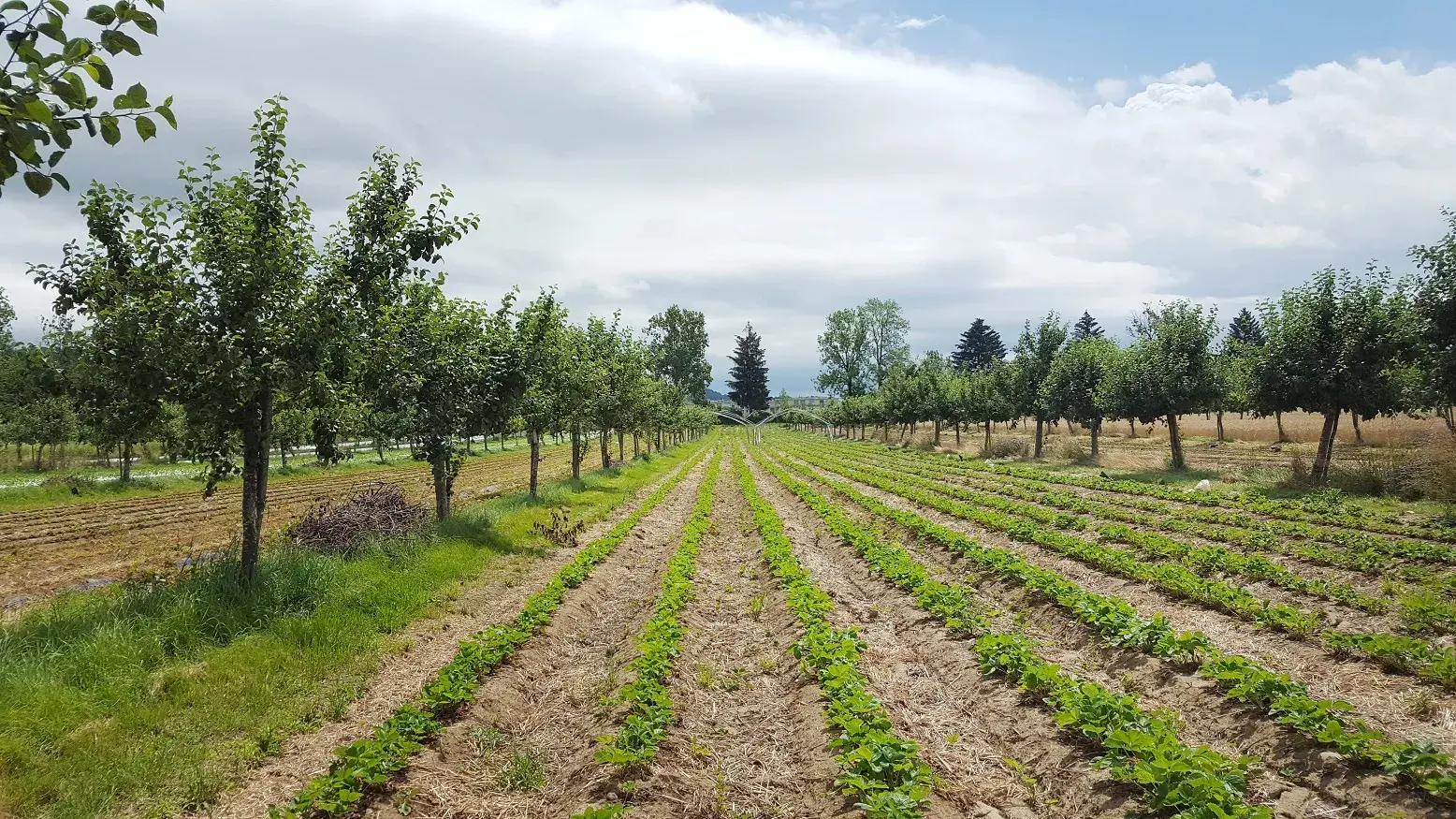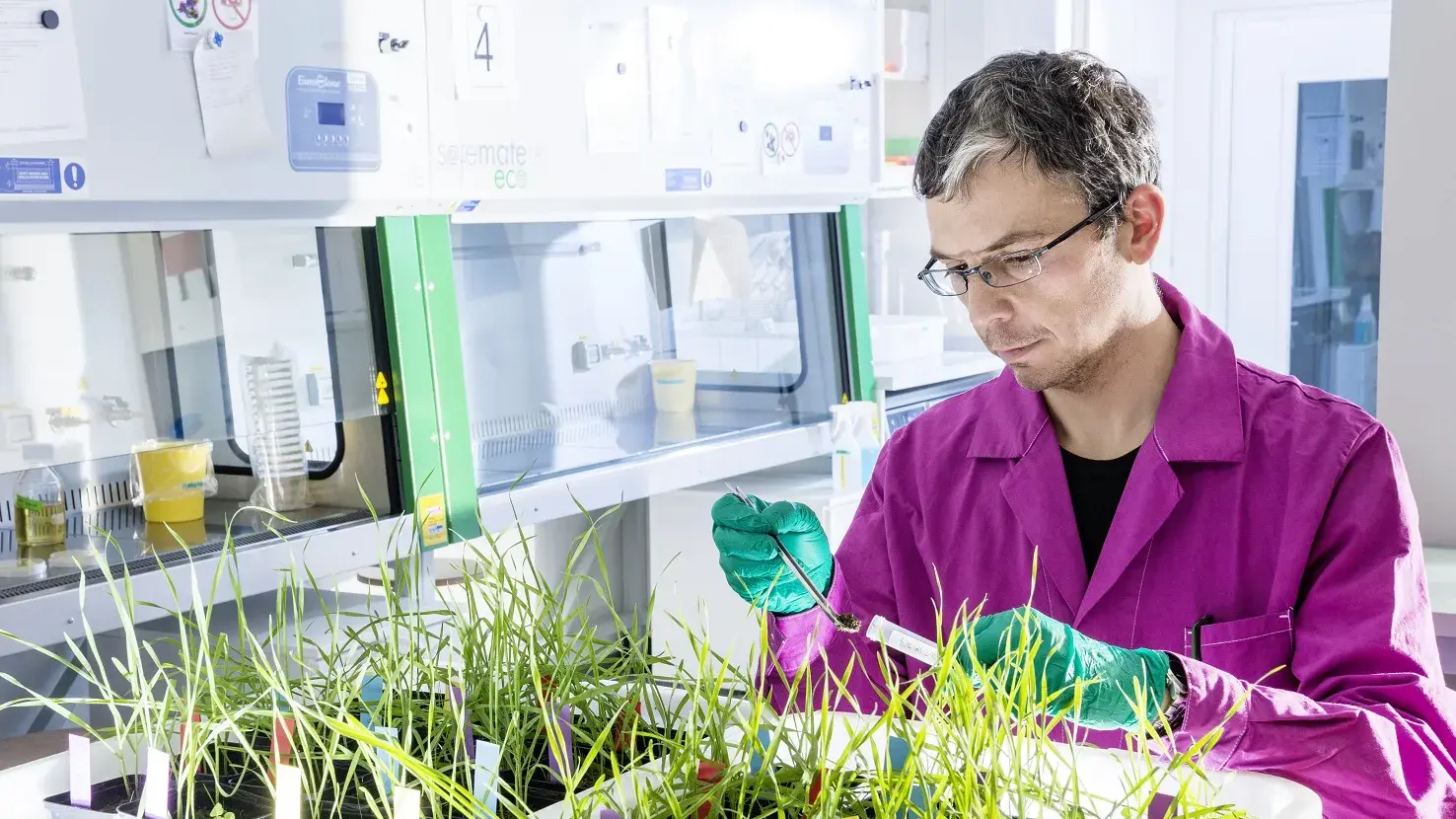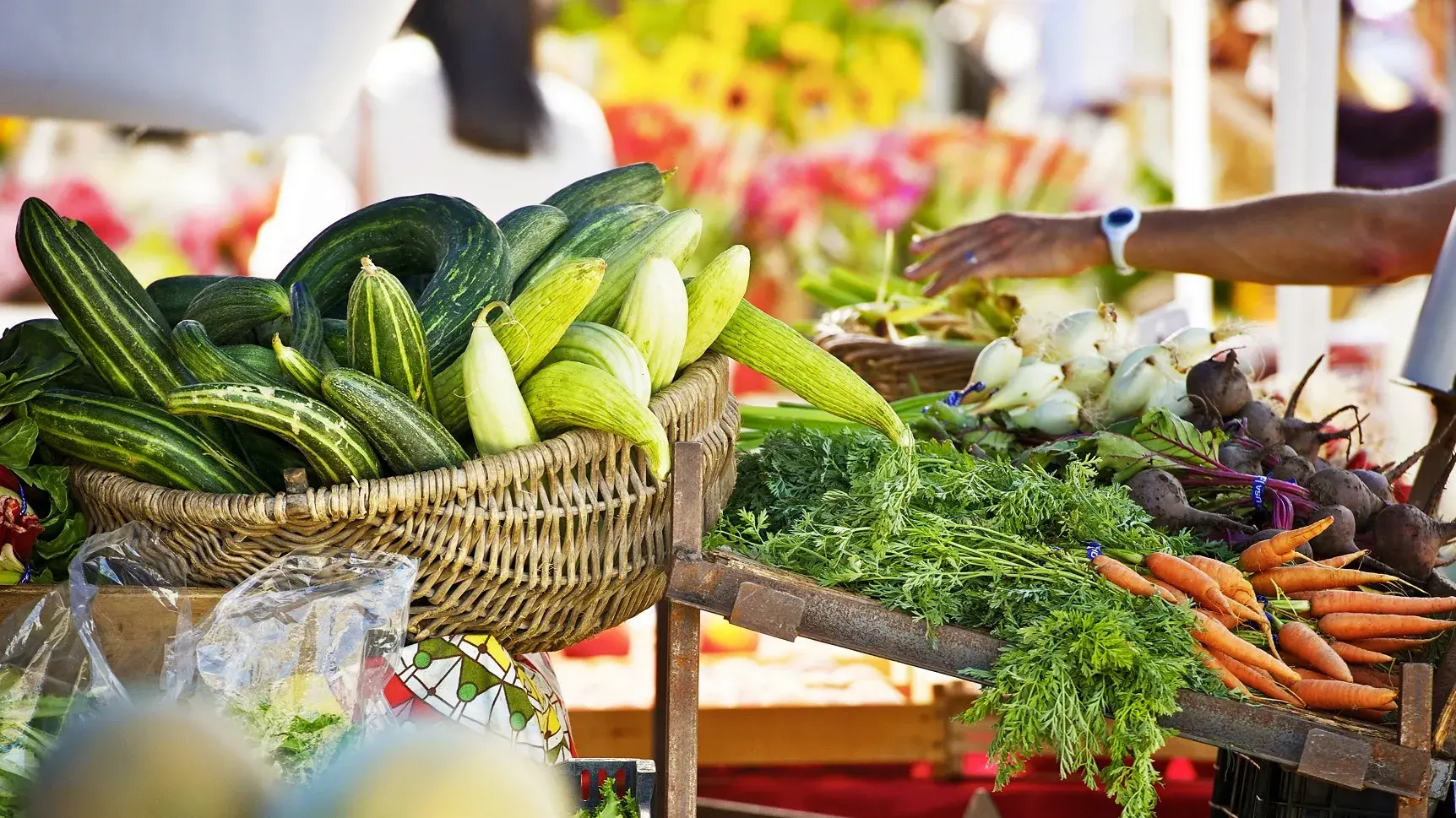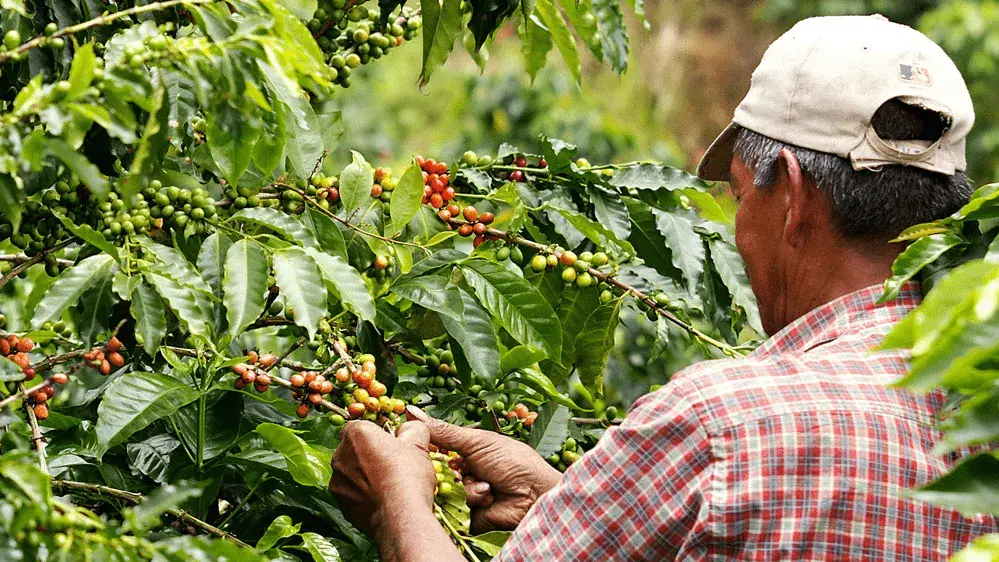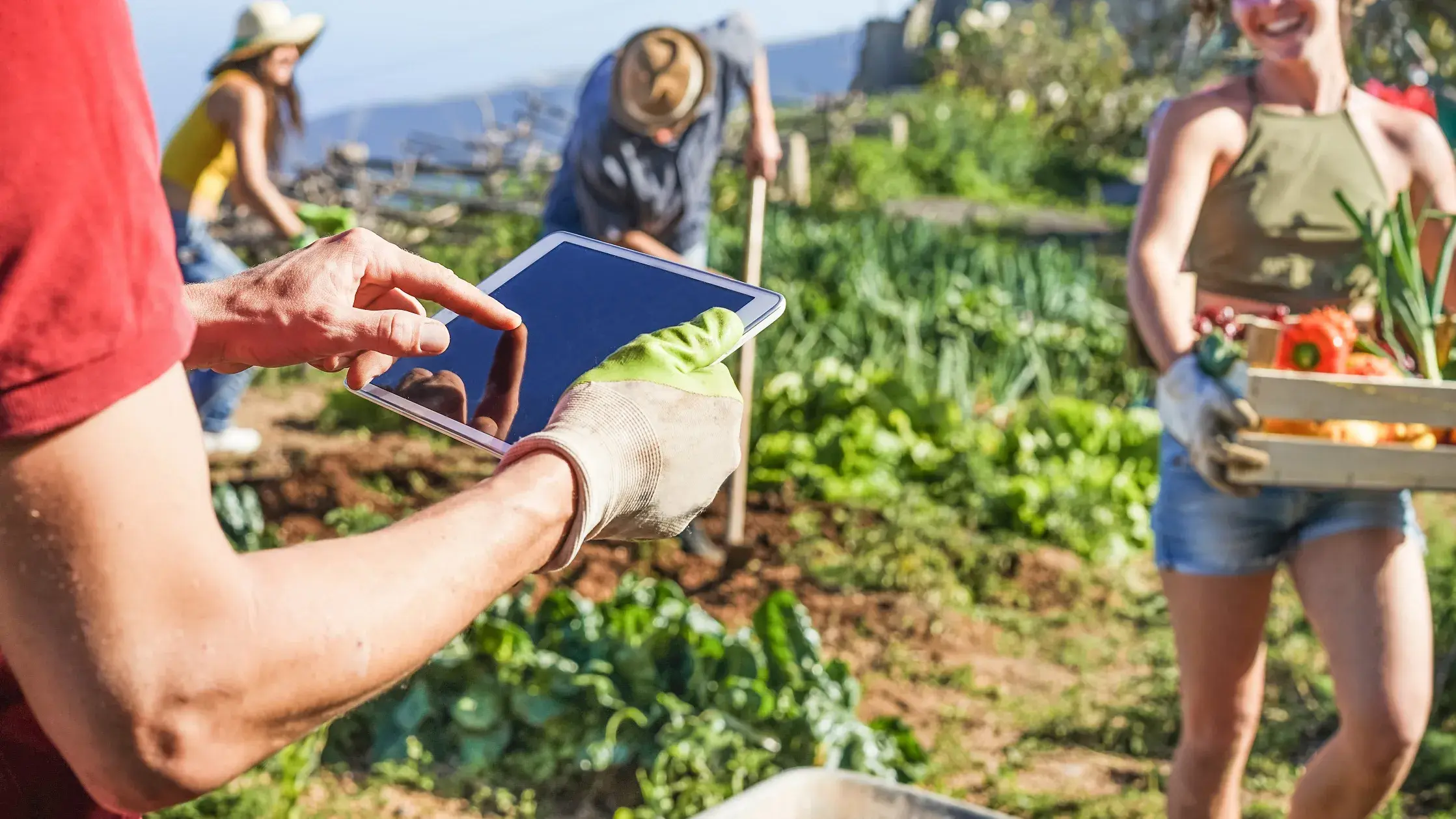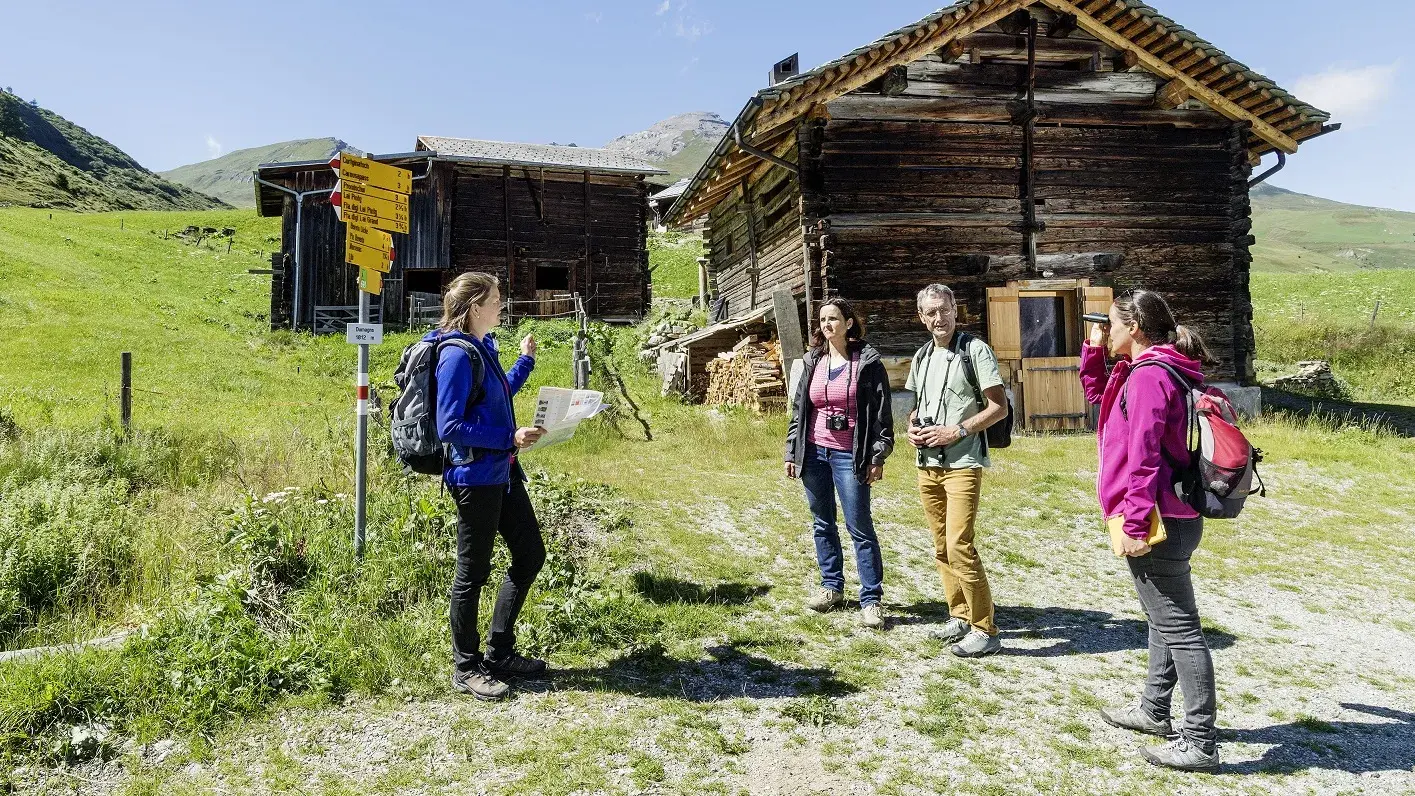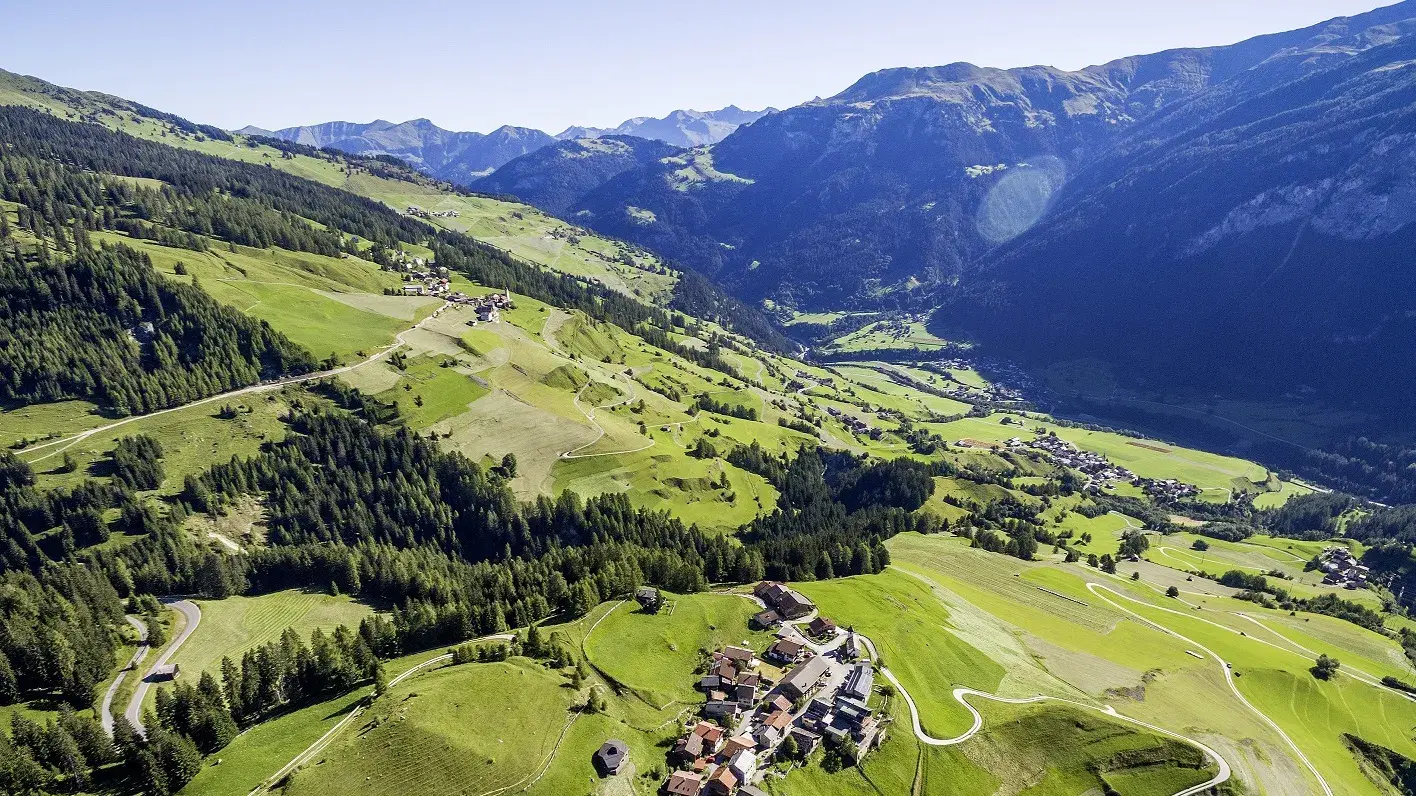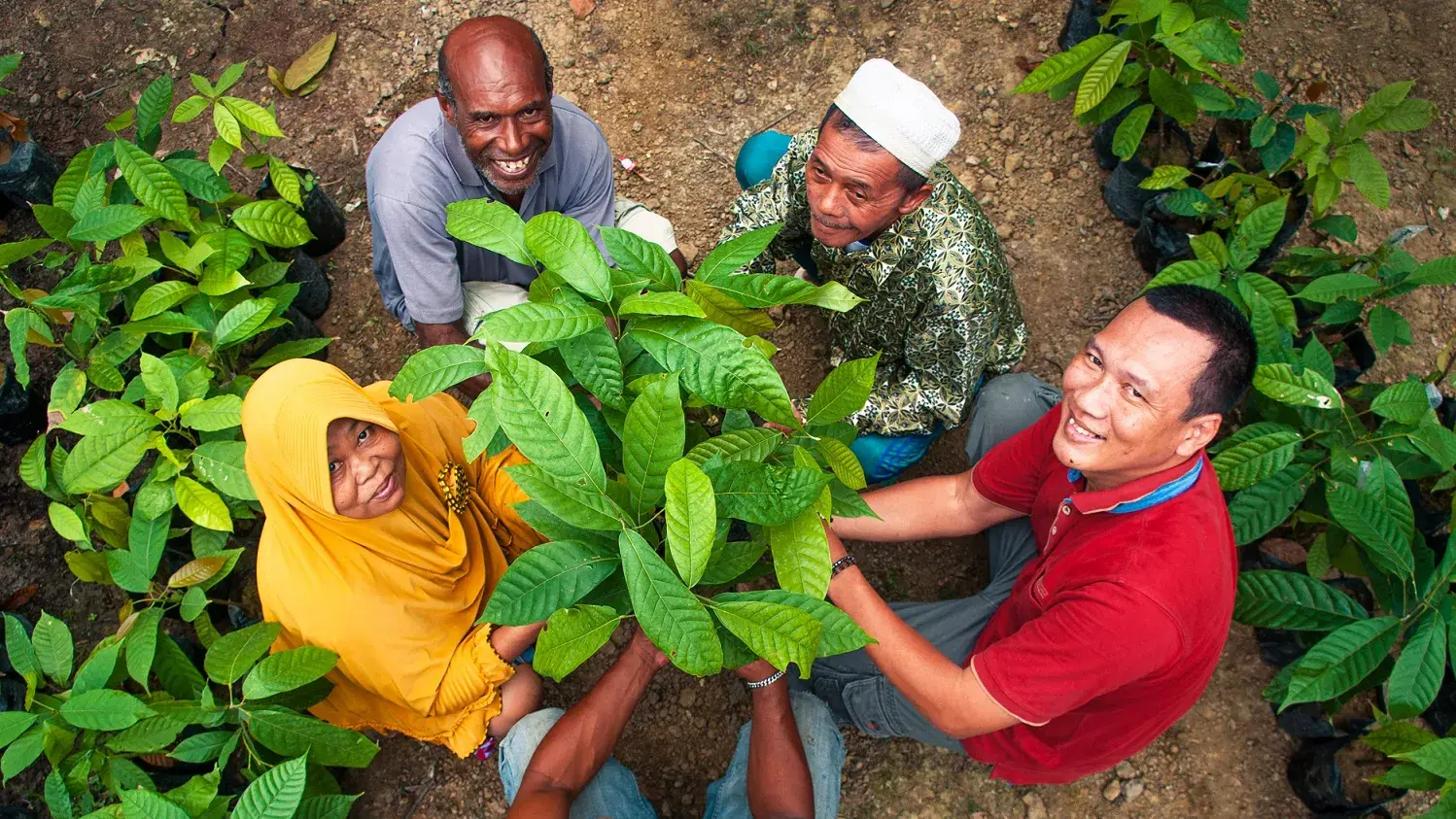Master Research Unit Agroecology and Food Systems for the MSc Environment and Natural Resources
Would you like to contribute to sustainable changes in our food system? If so, the Agroecology and Food Systems specialisation might well be for you, allowing you to develop new solutions "from field to plate".
The food system is facing enormous challenges. Inequalities, environmental degradation, scarcity and overabundance characterise the conventional system. Alternative forms of food production and distribution as well as changes in eating habits are urgently needed. In the Agroecology and Food Systems specialisation, you will come to know different approaches to sustainable food production and nutrition. The focus is on approaches from agroecology, regional value chains and fair trade relationships. The close interactions between humans and the environment are an integral part of the course. With the research groups of the ZHAW, and thanks to the collaboration with the Research Institute of Organic Agriculture (FiBL), you have a wide range of specialisation options to choose from.
Competencies
As a Master of Science ZHAW in Environment and Natural Resources specialising in Agroecology and Food Systems...
- you know the economic, social and political relationships that influence the global and Swiss food systems.
- you develop alternative concepts for sustainable agriculture based on agroecological principles.
- you identify sustainability conflicts within the food value chain and design solutions regarding sustainable production methods and supply chains.
- you devise innovative strategies to promote sustainable nutrition.
Course content
In this specialisation, you will get to know different approaches for sustainable food production and nutrition. The focus is on approaches to agroecology, regional value chains and fair trade relationships.
You will consider the following questions throughout the course:
- What potential does the production and marketing of new crops like quinoa have in Switzerland?
- What new approaches exist as an alternative to today's agriculture and what are the risks?
- How can agriculture in mountain areas and in cities, keyword urban agriculture, contribute to sustainable development?
- How can the sustainability of food be assessed, for example with life cycle assessments?
- How can consumers be motivated to make more sustainable consumption decisions?
We were also concerned with these questions during the international summer school on the subject of agrobiodiversity:
Masterstudio and Research Group
A central aspect of your master's program is specialisation in the subject area of a research group. This masterstuido, consisting of project work and master's thesis, makes up half of your program and provides in-depth insights into project and research work. This allows you to build a network during your studies and enables you to tackle complex issues independently in your future professional career.
The research groups are divided into three thematic areas.
Sustainable agricultural systems
- Aquaculture Systems Research Group
- Soil Ecology Research Group
- Geoinformatics Research Group
- Horticulture Research Group
- Ecotechnology Research Group
- Phytomedicine Research Group (website in German only)
- Regenerative Agricultural Systems Research Group (website in German only)
- Environmental Genomics and Systems Biology Research Group
- Department of Crop Sciences (FiBL)
- Department of Soil Sciences (FiBL)
- Department of Livestock Sciences (FiBL)
Value chains, food systems and consumption
Regions, tourism and rural development
Unsure which research group to choose for your master's degree? Come to an info event on campus, we will be happy to advise you.

"Be part of the transformation of food systems, whether at IUNR, FiBL, or through the Double Degree Program at the Eberswalde University for Sustainable Development, whether in production, consumption or tourism. Where does your potential lie? Write me an email."
Roman Grüter, Head of MRU Agroecology and Food Systems

